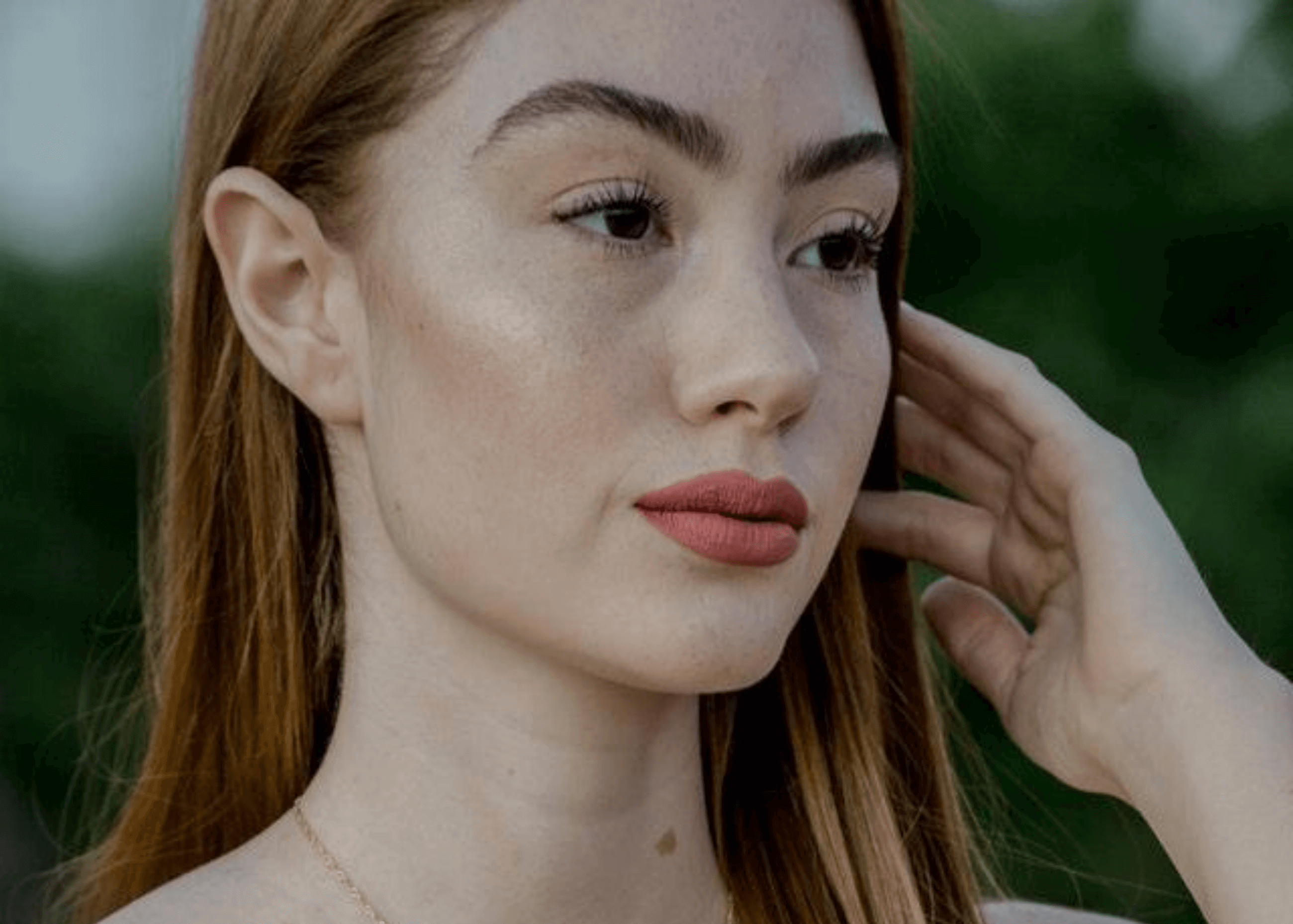
01 Sep What Is Bruxism? Treatments and Solutions for Teeth Grinding
Patients of the clinic are often surprised to learn that as a cosmetic doctor, I commonly treat patients that suffer from bruxism, otherwise known as teeth grinding.
A typically prescribed treatment for bruxism is wearing a mouth guard or splint at night. While this may offer some relief, anti-wrinkle injections – the same injections used to reduce fine lines – can relax the jaw muscles to help alleviate teeth grinding and its side-effects, with benefits that can last for months.
To help you understand the condition of teeth grinding better, I have put together an article to answer your commonly asked questions and discuss the proven temporary treatment for bruxism that we can provide from our Collingwood clinic.
What is Bruxism?
Bruxism is a condition when you subconsciously grind or clench your teeth, either when you are awake or asleep.
While the exact cause of bruxism is not clear, it could be due to a combination of psychological, physical and genetic reasons. Awake bruxism may be a response to emotions such as stress, or it can even be an unconscious habit whilst concentrating. For sleep bruxism, in addition to a response to emotional stress, it can also be the result of external factors like alcohol and caffeine intake or elements contributing to broken sleep.
Prolonged teeth grinding not only affects dental health, it can also alter the shape of your face through the enlargement (hypertrophy) of your jaw muscles and can sometimes even lead to, or aggravate temporomandibular joint disorder (TMD) symptoms.
How do I know if I suffer from bruxism?
Bruxism can be tricky to diagnose as you may not grind your teeth loudly enough for you or someone else to notice.
A telltale sign that you may be grinding, especially if it is occurring in your sleep, could be that you notice a horizontal line along the inside of your cheek.
Other common signs and symptoms of bruxism can include:
– Headache or aching temples on waking
– Earache
– Pain or stiffness of the jaw
– Broken teeth and fillings
– Sensitive teeth
– Square jawline from hypertrophy of the masseters muscles
Why do I grind my teeth mostly at night?
Grinding your teeth at night (sleep bruxism) can be triggered by anxiety and emotional stress in some. It can also be due to the stress of interrupted sleep from different factors such as a new baby in the house to sleep disorders or other external factors such as caffeine and alcohol intake.
People who suffer from awake bruxism are often unaware that they are grinding their teeth as it can be a subtle subconscious reaction that is triggered by underlying tension.
Why do I sometimes grind my teeth more often than at other times?
You are likely to be experiencing higher levels of stress or more disrupted sleep when your bruxism is at its worst.
What are the best treatments that can help me to stop grinding my teeth?
No one treatment is right for everyone. However, many of our patients have found anti-wrinkle injections to be a great solution. As it helps prevent you from clenching or grinding your teeth without affecting your ability to talk, chew and smile. The anti-wrinkle injections can also help alleviate and improve TMD symptoms, by reducing the tension on the temporomandibular joints.
In some cases, where teeth grinding has led to a more angular or square-shaped face, our anti-wrinkle injection treatment may be able to help patients who are conscious of this. In addition, and only if needed, dermal fillers can be used to help create a more oval-shaped face and softer-looking appearance.
Can Botox be used for bruxism?
Interestingly, Botox is simply one of the more commonly known botulinum toxin brands available in Australia.
Botox, just like any other anti-wrinkle injection therapy product, it relaxes the muscle, which in turn alleviates wear and tear on the teeth due to grinding.
So yes, Botox, by Allergan, can be used to treat bruxism – but it is just one of the many anti-wrinkle injection brands, containing botulinum toxin the neurotoxin, which can effectively relax the muscles and provide temporary relief from grinding your teeth.
What does treatment for bruxism involve?
Bruxism treatment involves administering anti-wrinkle injections into your masseter muscles along your jawline. It is a quick, clinical procedure, usually lasting between 10 and 20 minutes. The positive effects of the injections on teeth grinding are usually noticeable between two to seven days after the procedure. Depending on the dose administered and how fast your body naturally metabolises, treatment usually alleviates bruxism symptoms for between three to six months.
If you have recognised any teeth-grinding symptoms that are affecting your overall well being or general dental health, please make an appointment with us as soon as possible to discuss a personalised treatment plan.
I hope my post has answered all your questions about bruxism and the options available to you to get relief. Let me know if you have any other questions about your teeth-grinding and the treatment that we offer. I would love to hear from you!
My best wishes,
Dr Toro & The Lumea Aesthetics Team







